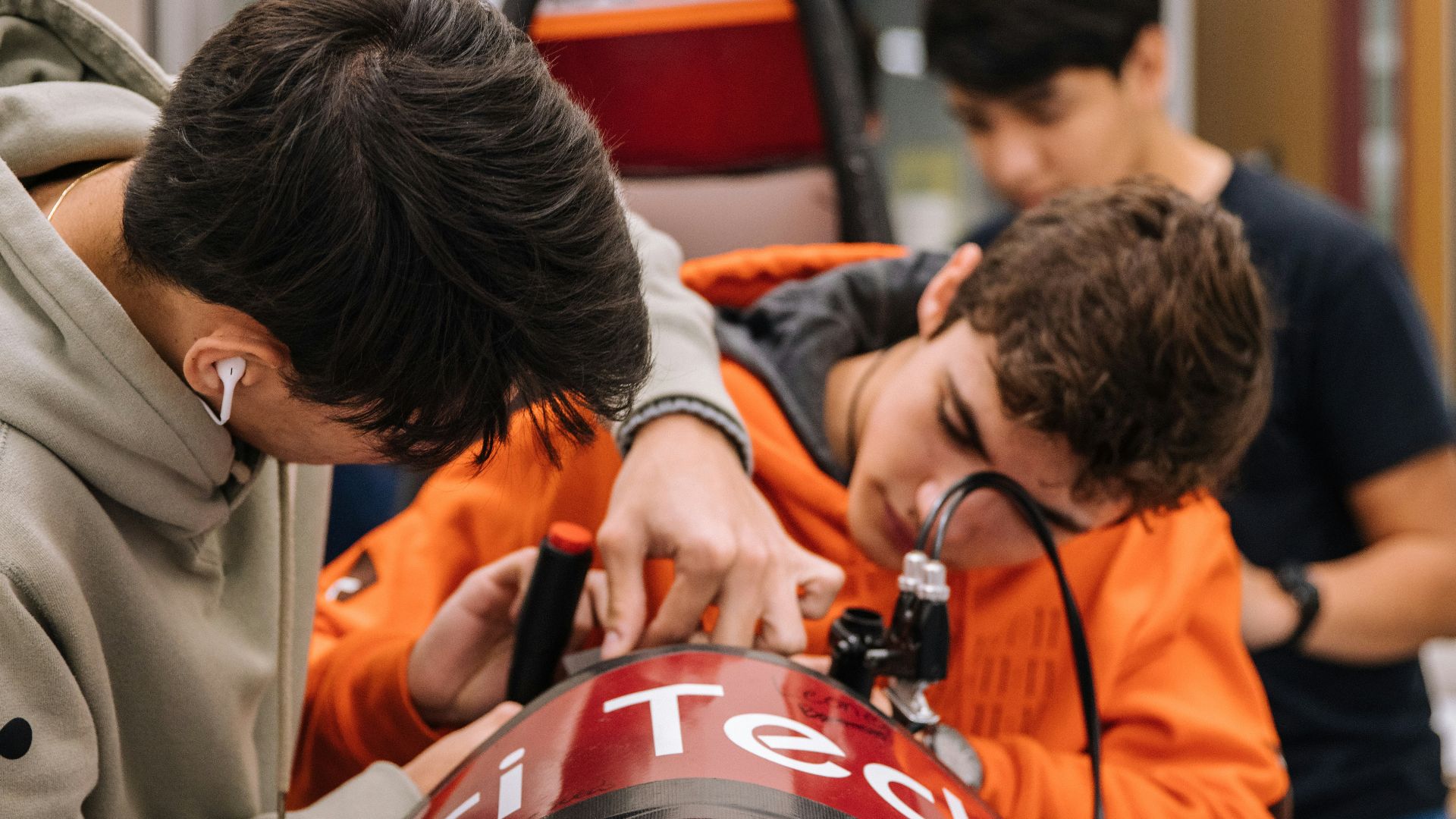Spotting the Traits That Shape Their Future
Sometimes, it’s obvious that your child has leadership qualities. You see them among their classmates, and everyone just seems to follow their lead. Leadership isn’t just about being the loudest in the room; it’s about demonstrating curiosity, initiative, and, sometimes, the quiet ability to get people working together toward a common goal. But even the most charismatic kids can struggle with direction and require a guiding hand to become the best versions of themselves. Here are ten signs your child is a natural leader, and ten signs they need some guidance.
1. Speaks With Confidence
They speak with confidence, even about the smallest things. When undertaking a group project in class, they take the lead, assigning responsibilities based on each student’s natural talents. The way they do it is not bossy, merely persuasive.
2. Problem-Solving Instinct
Someone spills paint in art class, and they’re already suggesting a cleanup plan, delegating who holds the paper towels, who washes brushes, and who tells the teacher. It’s oddly impressive, considering some adults would freeze and just end up shouting.
3. Empathy in Action
They notice the shy kid sitting alone in the corner and invite them into the fold. They don’t do this for optics, but because they know it’s the right thing to do. Leadership often reveals itself in how a person treats others, even when it’s not the cool thing to do.
4. Thrives on Responsibility
They’re self-motivated and don’t require your constant supervision to get things done. When they’re assigned homework or presentations, they tackle them like mini-CEOs, checking off tasks with a mix of pride and quiet determination to succeed.
5. Curiosity Fuels Learning
They ask “why” constantly because they genuinely want to understand. When they learn the answer, they take what they’ve learned and apply it. They’re the sort of child whose hobbies lead them to explore new challenges, whether it’s building robots, painting landscapes, or leading a game with friends.
6. Confidence Without Arrogance
They can make mistakes or be proven wrong and move on without drama or a bruised ego. Somehow, their ability to laugh off setbacks makes everyone else feel like mistakes aren’t the end of the world either.
7. Takes Initiative
They undertake personal projects like starting a lemonade stand or organizing a neighborhood cleanup. The entrepreneurial spark is within them, as well as the desire to make a difference, and you notice it lights up other kids too.
8. Adaptability in Action
They’re flexible and adaptable. If something unexpected happens and their baseball game gets rained out or a friend cancels on them last minute, they don’t unravel; they simply adjust and keep on going.
9. Natural Negotiator
They’re not manipulative, but they’re able to negotiate their best interests like a fair-minded mediator. If someone wants the last cookie, they figure out a trade or a compromise that leaves both parties feeling like winners.
10. Leads Quietly
Sometimes the leader isn’t the loudest voice in the room but the one sitting off to the side, quietly observing. When at last they speak and offer their insight, they’re able to guide the group with a single suggestion that everyone adopts without hesitation.
And now, here are ten signs that your child may need a friendly motivational push.
1. Struggles With Impulse Control
They find it hard to wait their turn and tend to act out their emotions in the moment without considering the consequences. Being told no isn’t a minor setback; it’s a catastrophe.
2. Rules Feel Optional
They act out not because they don’t understand the rules, but because following them feels optional. They’ll color outside the lines, both literally and metaphorically, and it’s a constant tug-of-war to get them to do what they’re supposed to.
3. Avoids Responsibility
Asking them to help set the table or hand out papers might be met with sighs or excuses. It’s not that they lack motivation; it’s that their motivation is directed toward things that won’t ultimately serve them in the long term, like video games.
4. Frustration Comes Quickly
When they lose at a game or encounter a difficult problem, they react with tears, tantrums, and sulking. Sometimes it’s over tiny things, like a puzzle piece that doesn’t fit, and other times over bigger disappointments like a failing grade.
5. Difficulty Communicating Feelings
A declaration that they don’t like something might be the extent of their explanation. Or worse, when things aren’t to their liking, they bottle up until they explode.
6. Inconsistent Social Awareness
They might ignore cues that someone’s upset, or they accidentally dominate conversations, leaving others unheard. They don’t mean to be rude; they just lack the social tact to read the room.
7. Indecisive
When faced with choices, even simple ones, they freeze or flip-flop. Their indecisiveness might seem minor, but the pattern shows up in bigger moments too and leaves them adrift.
8. Resists Teamwork
Everyone likes to do things their own way, but when teamwork is essential, they get frustrated when others don’t follow their lead to the letter. It’s not about being stubborn; it’s about learning to navigate group dynamics.
9. Needs Emotional Support
A minor disagreement can spiral into tears and yelling. They often need you to remind them that while their feelings are valid, they can’t just overreact when things don’t go their way.
10. Lacks Consistency
They may promise to implement better study habits or routines, but their follow-through leaves a little to be desired. They tend to be reactive to the challenges that arise in their life, rather than proactive.




























